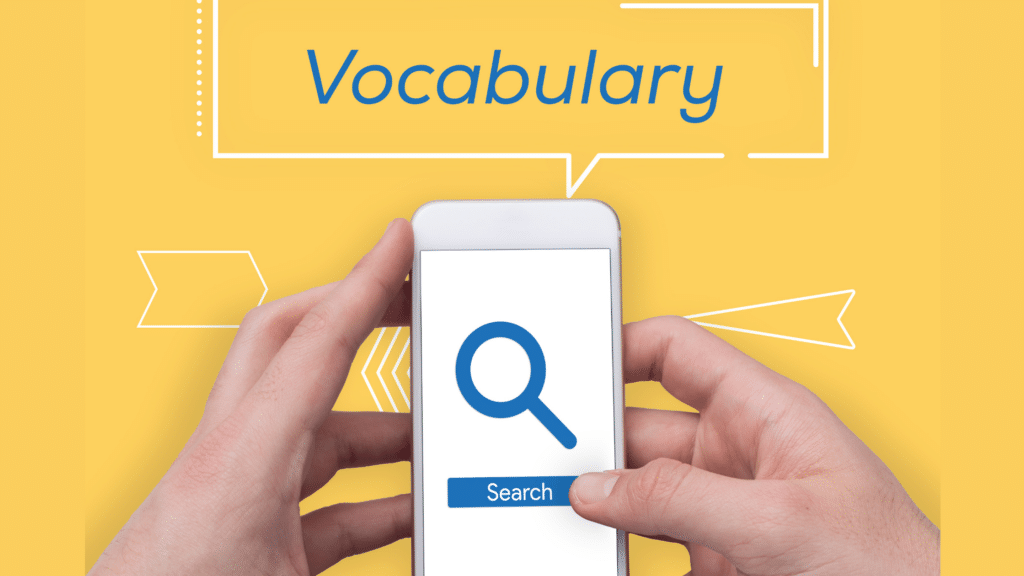
Those Pesky False Cognates in Spanish
Are you embarazado about feeling estúpido when you use a word in Spanish that you thought for sure was the right word and it completely missed the mark? Actually, you’re probably feeling neither embarazado nor estúpido. Because embarazado might look and sound like the English word “embarrassed,” but it means “pregnant” in Spanish. And estúpido, while generally conveying someone’s incompetence, is not quite the best word to use when you’re trying to say “stupid.” It happens to be a much harsher word for incompetence in Spanish. Just when you thought learning Spanish was kind of easy, things are kind of looking difícil. Which does, in fact, mean “difficult.”
{{cta(‘2c72d659-ba97-4b8b-8535-a0f11780e00b’)}}

But the good news is, these dilemmas don’t make learning Spanish more difficult. More than anything, they’re simply bothersome exceptions to a pattern that is in fact quite helpful as you learn Spanish. If you’ve had language lessons at all, you’ve probably heard the word “cognate.” Chances are you didn’t recognize the word, but once it was explained, you realized you knew all about it. So, what is a cognate?
“Cognate” means “related” or “connected.” In language it indicates two words having the same linguistic derivation, meaning they both came from the same root and word. Basically, a cognate is a look-alike and sound-alike word that thankfully is also definition-alike. Here are some common Spanish cognates showing both the English word and the Spanish word:
- difícil – difficult, hard
- computadora – computer
- cereal – cereal
- carro – car
- literatura – literature
- curioso – curious
- horrible – horrible
- calmar – to calm
- orgánico – organic
 Can you see the similarities? Granted, these Spanish words sound a little different when you pronounce them, especially to the novice ear during a fast conversation. But even the novice ear has to admit there are striking similarities in both sound and spelling. It makes learning a new language so much easier when both the new and the familiar language share cognates, almost as though you can skip or skim some chunks of new vocabulary because you already have a jump start on them. What a relief!
Can you see the similarities? Granted, these Spanish words sound a little different when you pronounce them, especially to the novice ear during a fast conversation. But even the novice ear has to admit there are striking similarities in both sound and spelling. It makes learning a new language so much easier when both the new and the familiar language share cognates, almost as though you can skip or skim some chunks of new vocabulary because you already have a jump start on them. What a relief!
But what about false cognates? Some people call them “false friends.” They seem to be your friend because they sound and look like a cognate… but they AREN’T. This is the price we pay for having the convenience of cognates: some of them will be fake! Here are some commonly assumed cognates that are actually false cognates:
- embarazado – pregnant (not embarrassed)
- sopa – soup (not soap)
- ropa – clothes (not rope)
- realizar – to achieve or to accomplish (not “to realize” in the sense of something dawning on you or clicking in your brain)
- éxito – success (not exit)
- constipado – to have a cold (not constipated); also referred to as “resfriado”
- molestar – to bother (not to molest in the sexual sense)
- fábrica – factory (not fabric)
- recordar – to remember (not to record)

As you might notice, many of these false cognates actually do have a related element to the English on further examination. For example, if you think about it, to “remember” (recordar) something is in a sense to play back a recording in your brain of the information. You may not have a truly photographic memory or a little camcorder in your cerebellum, but your brain did “record” some data about the fact or the image or the smell when you first absorbed it.
Another example of not-so-false-on-further-examination is constipado. Isn’t the true sense of “constipated” that someone is blocked up? It’s just that in the Spanish use, we’re referring to someone’s sinuses being blocked up when they have a cold, not… you know… the other thing.
 While not a cause for language nightmares, false cognates are still very important to be aware of. You don’t have to tackle them all at once or worry about future awkward moments; they’ll come up in conversation as you expand your vocabulary and gain fluency. Sure, they are a bit of a molestia (a bother) to navigate and nobody wants to be avergonzado (embarassed) by making an unfortunate cognate mix-up in conversación (conversation). But have a little paciencia (patience) with yourself as you encounter them and remember that errores (errors) are part of your progreso (progress).
While not a cause for language nightmares, false cognates are still very important to be aware of. You don’t have to tackle them all at once or worry about future awkward moments; they’ll come up in conversation as you expand your vocabulary and gain fluency. Sure, they are a bit of a molestia (a bother) to navigate and nobody wants to be avergonzado (embarassed) by making an unfortunate cognate mix-up in conversación (conversation). But have a little paciencia (patience) with yourself as you encounter them and remember that errores (errors) are part of your progreso (progress).
The best way to navigate the world of Spanish cognates and false cognates is by practice in conversation. Whether you’re a beginner who is just starting to learn Spanish vocabulary or a more advanced speaker looking for conversational practice, CORE has a group of wonderful teachers ready to help you take the next step in your language journey. Visit our teacher page to learn more and reach out to a teacher today!
Want to get your hands on a false cognates Spanish worksheet? Subscribe to our Spanish blog to get it for free!




Responses